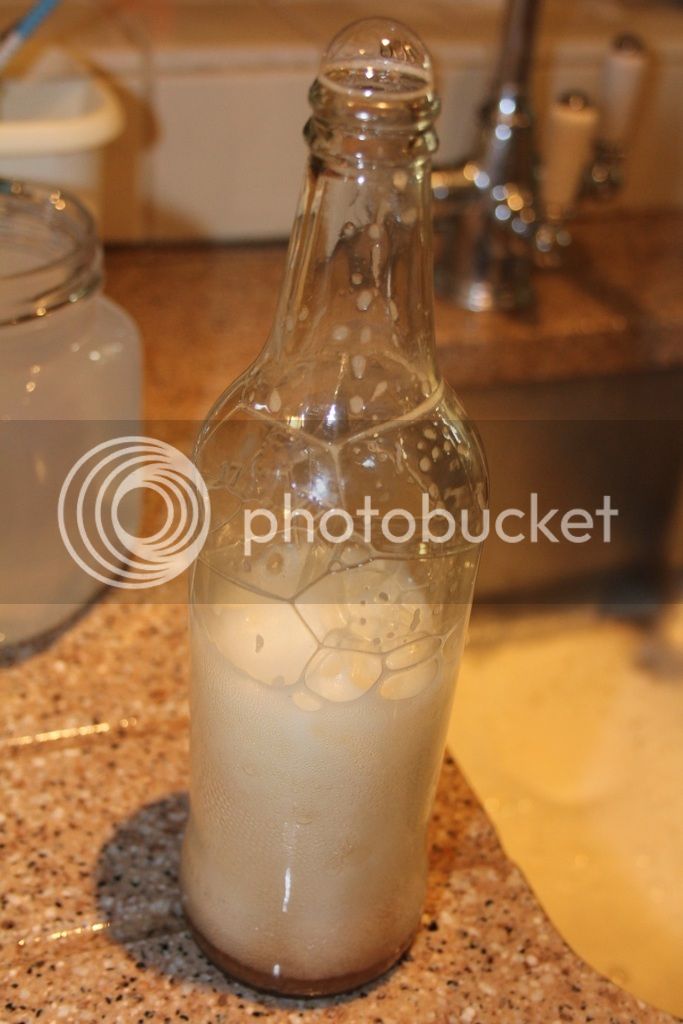I've had both your problems.
Astringency - It may not actually be astringency.
Your making a beer with bottled water to test out whether your water is the problem seems to indicate just that - what beers are you making that have this 'astingency problem'? or is it all of them
(My) London (hard) water isn't suited to making pale beer so my bitters had a' bitter ' edge to them not the smooth bittering I was after.I once brewed a small 5L batch that definately turned out astringent. It only ever happened once so I didn't pursue the cause. The 5L astringent beer definately a different taste to when I try to make pale beer with my utreated tap water. This promted to to start investigating water treatment. I now use CRS acid to adjust my water whenever I make bitters (which isn't that often tbh). I haven't got everything right yet with water treatment but my bitters are much better than they were
Over attenuation - The cause is probably wild yeast. I've had this problem twice, through my own fault. I brew in the kitchen and Mrs MQ is vitually a fruitarian. We always have an overflowing fruit bowl in the kitchen - wild yeast love fruit as much as Mrs MQ does. I attribute my wild yeast infections to taking gravity samples just after the krausen has died down and seeing as there's probably loads of wild yeast spores flying around in the area from the fruit bowl this is how I think my brew got infected. I've taken samples later in the fermentation process and even leave my FV open to the air for long periods of time during bottling time without infection so I put the times I've got infections down to this early stage in fermentation. Needless to say I no longer open my FV until bottling time
Wild yeast seem to very work slowly in the bottle (I'm pretty sure it's because they're not adapted to wort the way brewers yeast it) and slowly but surely over attenuate the beer. With the infections I had, my beers got down to 1.003 when they should have stopped at about 1.010, with an attendant beer fountain upon opening. They also had no decernable off flavour at all. So I drank quite a bit of the batches before it was too thin to be nice to drink.
Wild yeast also seem to be immune from star san (dont know about other sanitsers as apart from milton when I first started brewing I've only have used star san ). So to get rid of the infection you need to take the nuclear option. Anything plastic (FV's syphons etc) I bleached - iirc 100ml to 2L of water. Bottles I ovened
http://www.thehomebrewforum.co.uk/showthread.php?t=54300
I actually still oven my bottles even now, before bottling day




